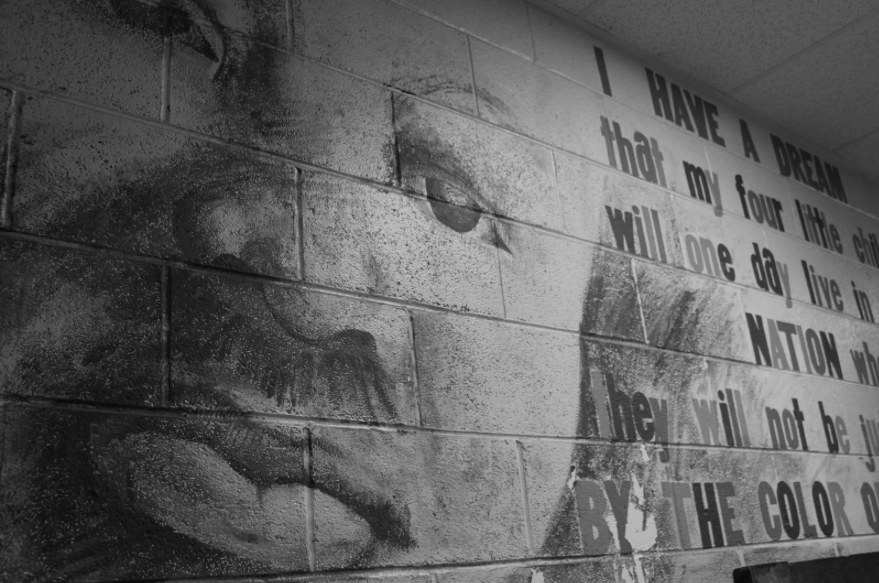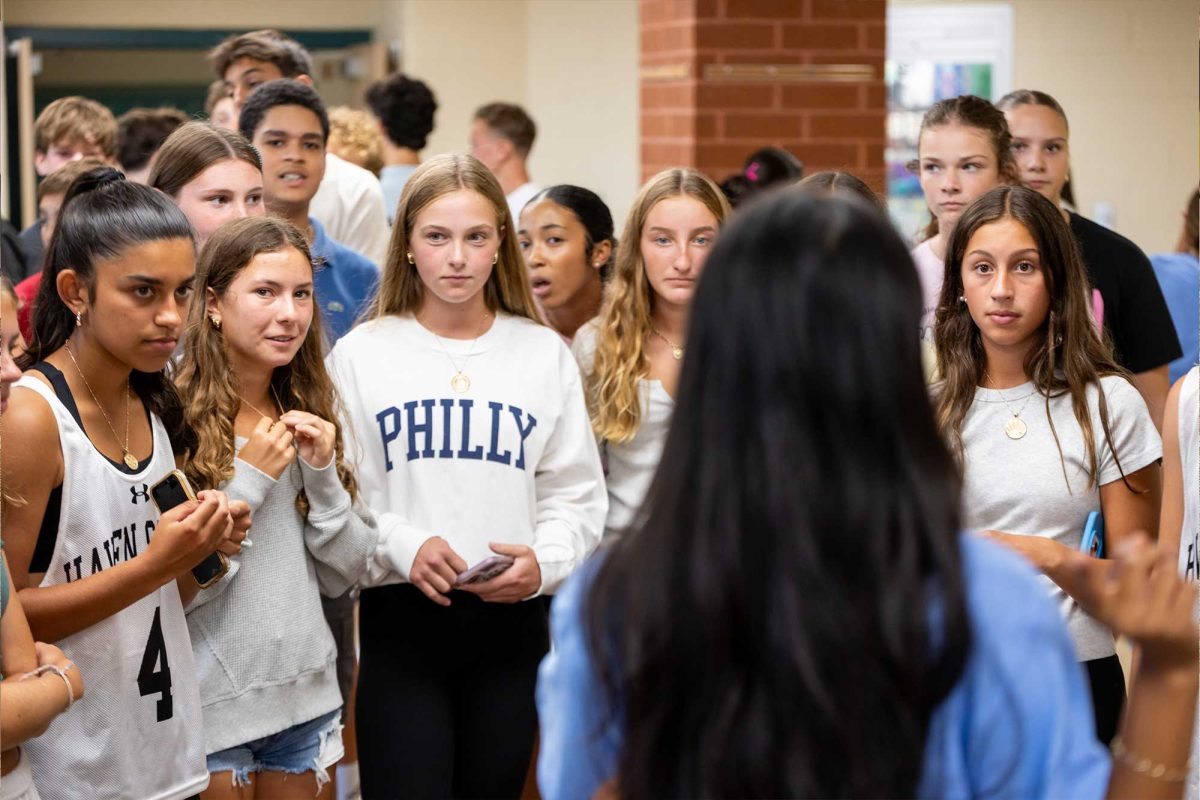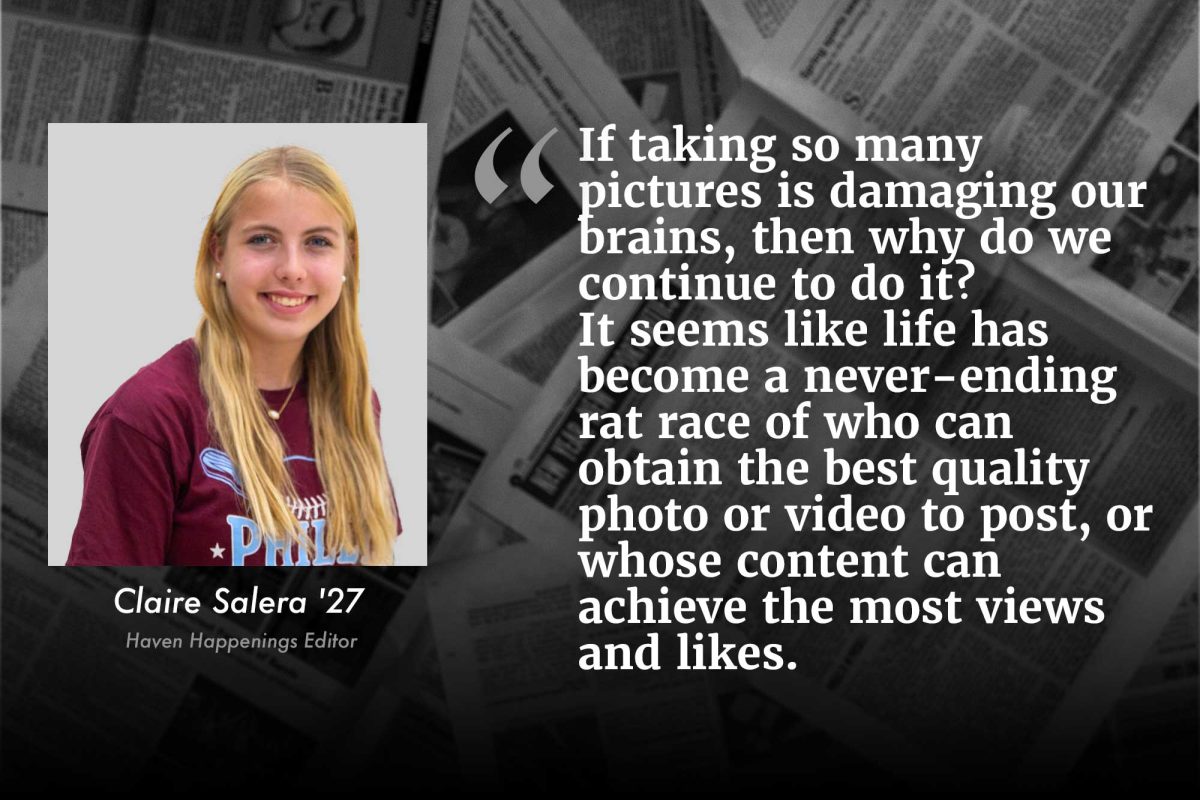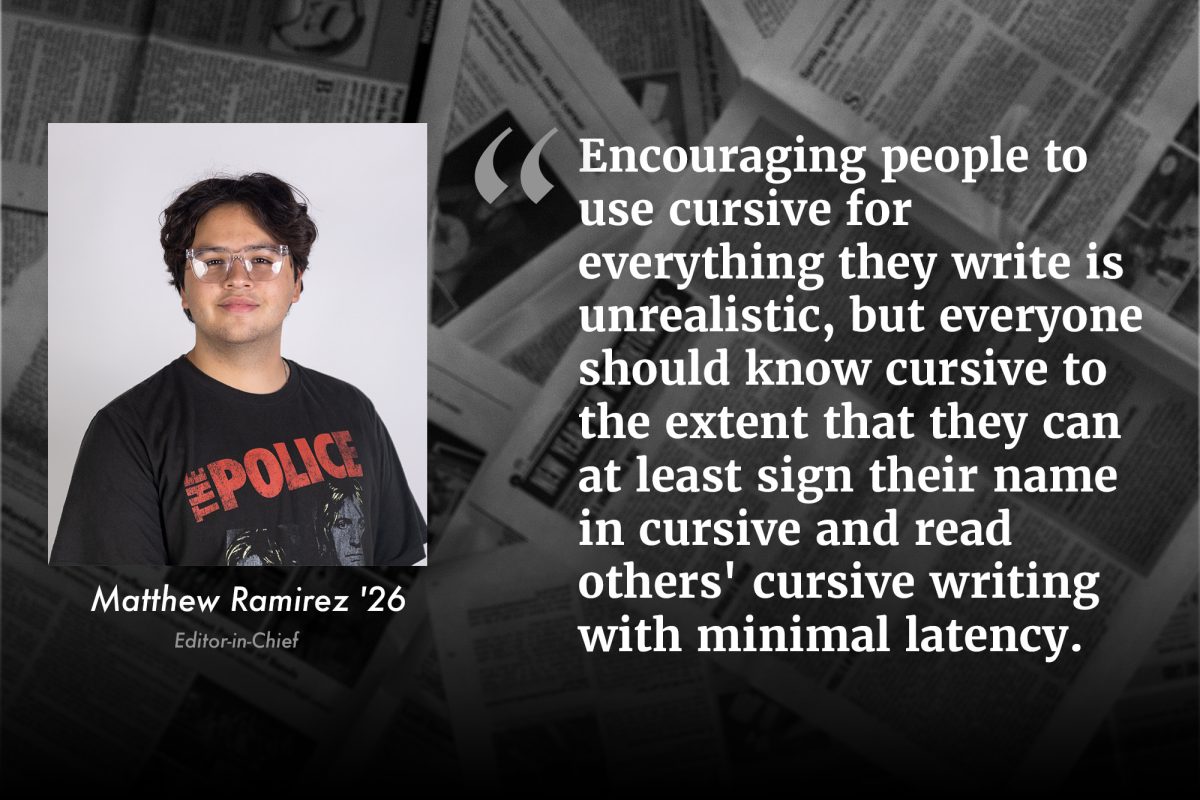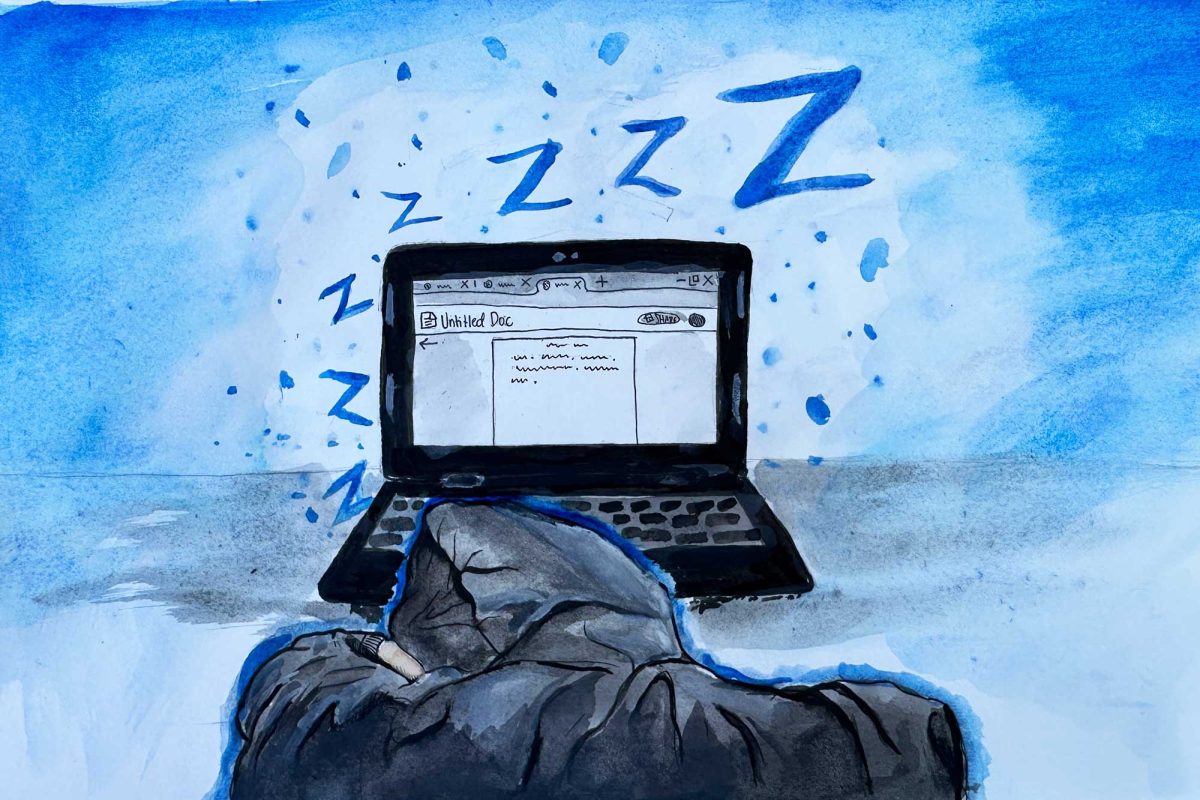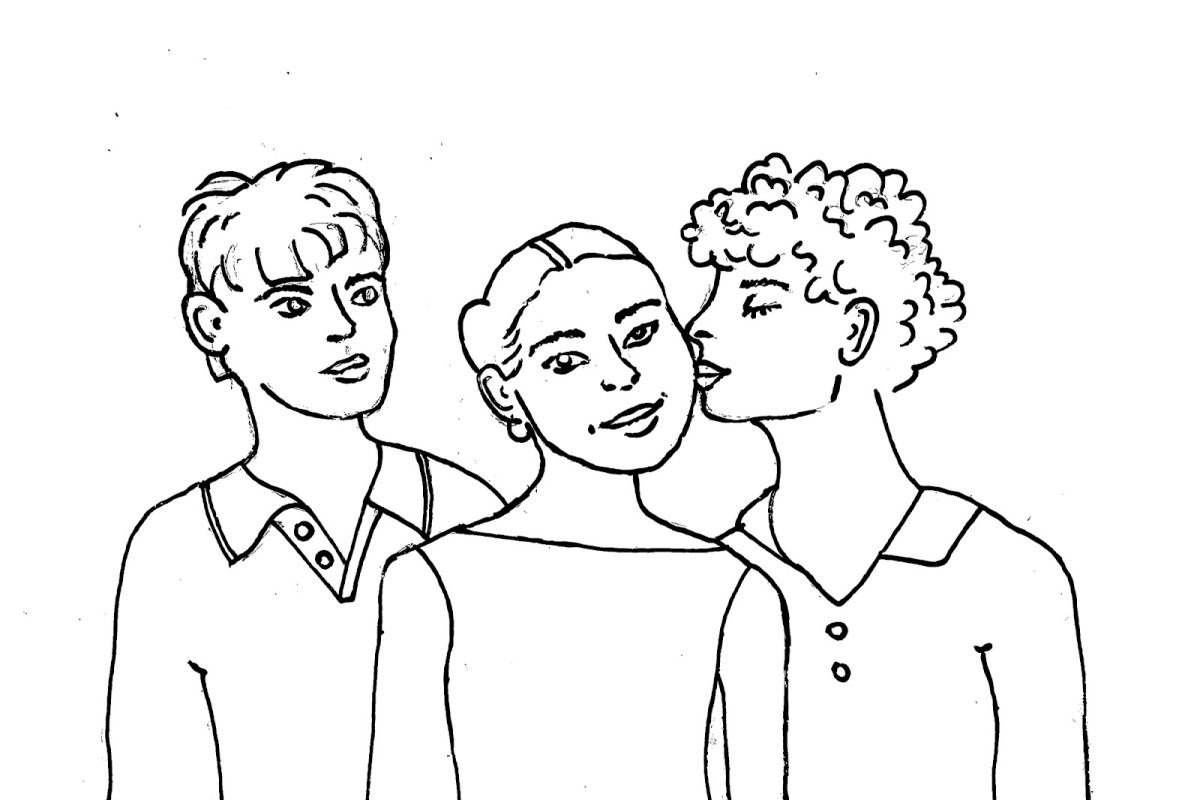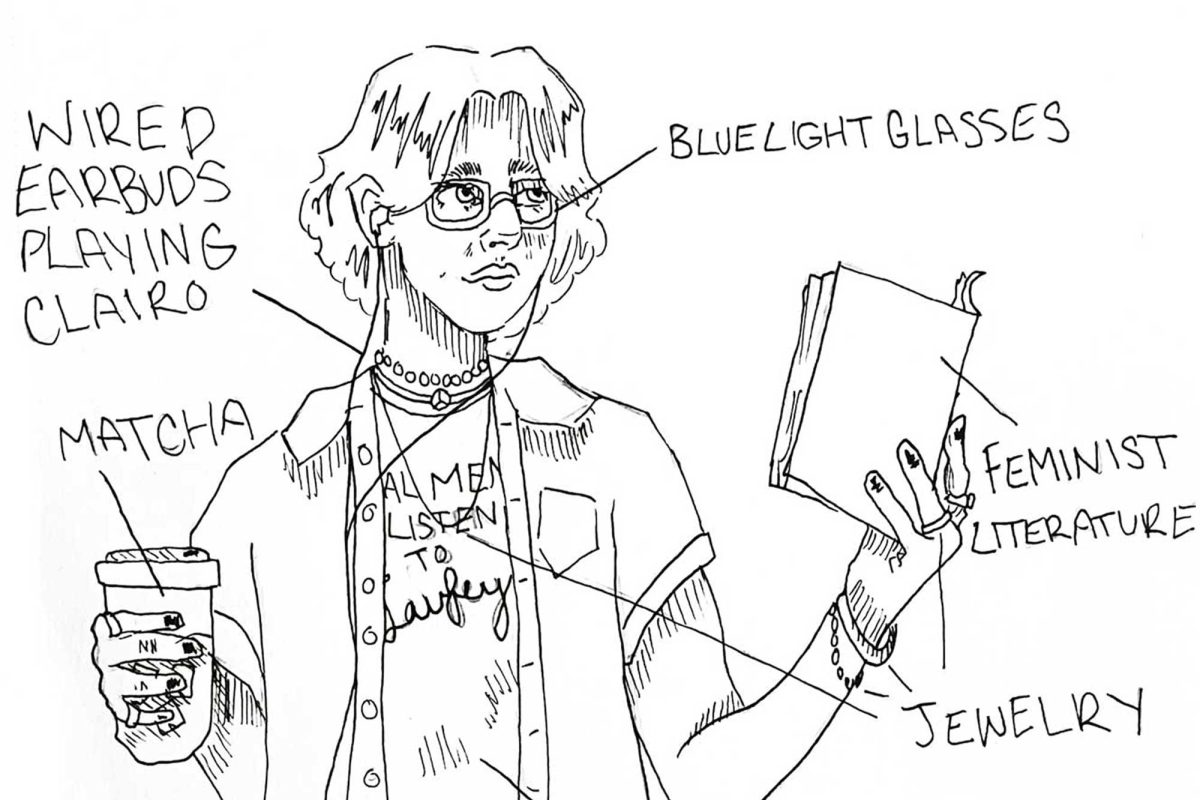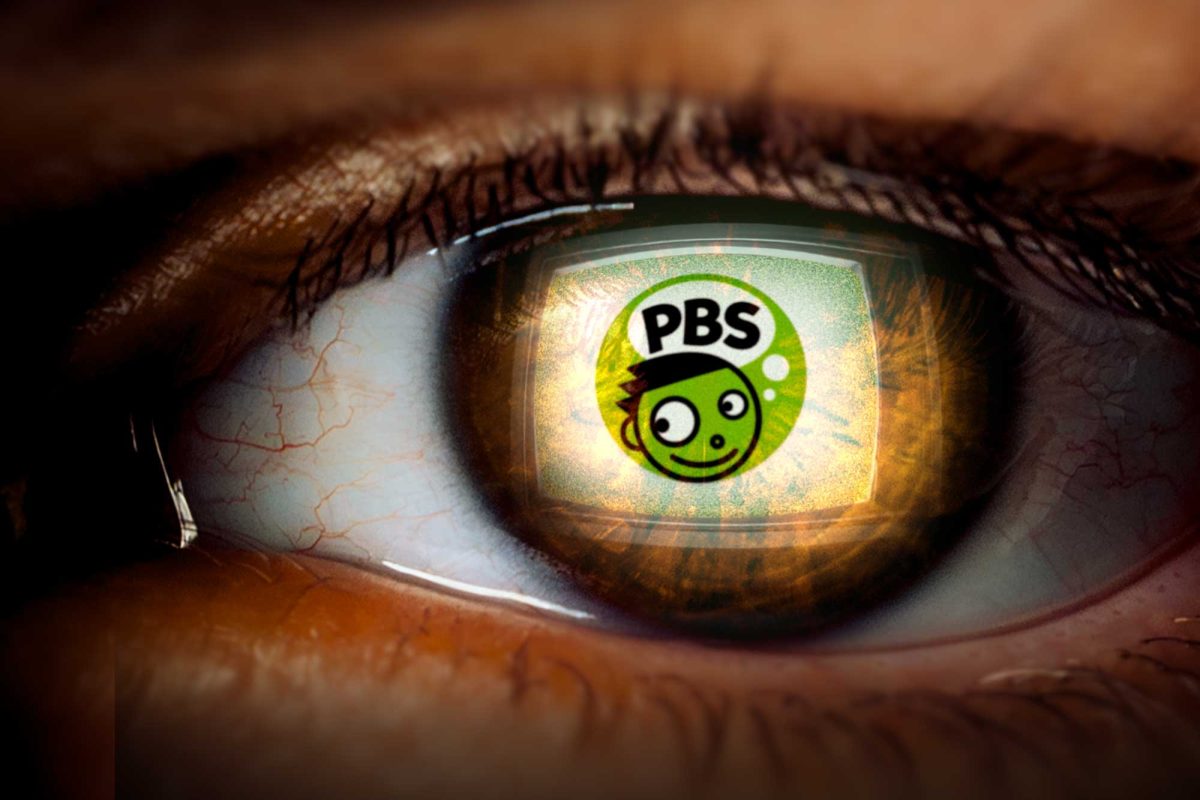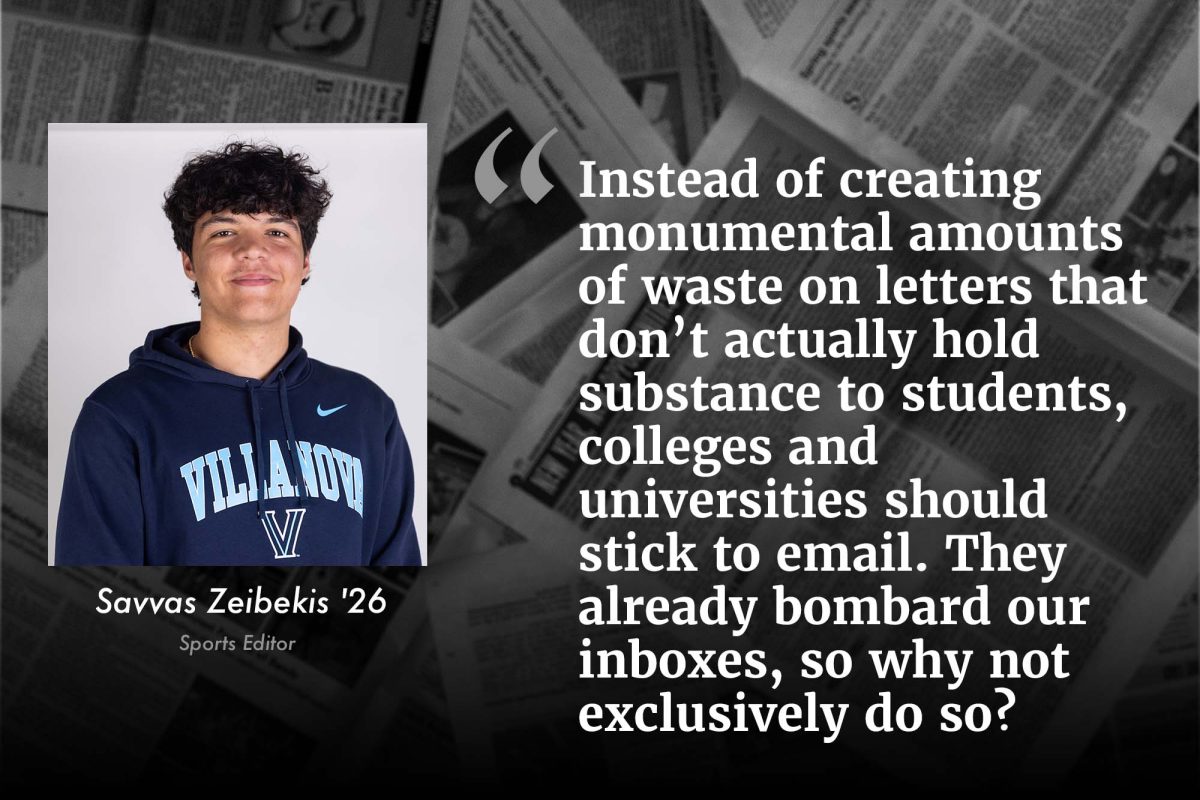Everyone who has gone through the Wallingford-Swarthmore School District has spent February learning about Dr. Martin Luther King Jr. and the Civil Rights Movement, giving presentations on Harriet Tubman’s Underground Railroad, watching Martin and Me, and hearing teachers talk about Rosa Parks and Ruby Bridges.
However, in learning all of these things, it becomes very easy to misconstrue the reasoning behind Black History Month and the necessity of learning black history.
It was Carter G. Woodson, a black historian, who founded Negro History Week in 1926. “If race has no history, if it has no worthwhile tradition, it becomes a negligible factor in the thought of the world,” Woodson said. In other words, there can be no equality if a nation cannot value a race. The idea was that appreciating a people’s history was a necessary prerequisite to equality.
The United States often tries to fix the issue of racism through policy. However, these policies cannot change Americans’ inherit view that our story is one of white men, while completely ignoring the important and fundamental role that black people played in building our country.
For example, landmark Supreme Court case Brown vs. Board of Education, which supposedly insured equal education for people of all races, has not stopped the blatant racial inequality in schools. The Fair Housing Act of 1968 has done little to prevent segregation and redlining in housing. The Voting Rights Act of 1965 does not stop the disparity between black and white voters. After looking at all these policies and their shortcomings, it becomes clear that Woodson’s ideas of appreciating a people’s history still remains relevant in improving a country.
Even Strath Haven, a school which takes pride in being diverse and progressive, falls short in promoting Black History month. Talking to students at Strath Haven, a major concern is that the school does very little to actually acknowledge the month. “Strath Haven High School no longer does anything to celebrate Black History Month,” an eleventh grader said. Another junior voiced the same concern, saying, “Not many people seem to care.”
US History teacher Mr. Babcock and English teacher Mr. Zakrzewski, however, discussed ways in which Strath Haven has celebrated Black History Month in the past. Mr. Babcock talked about Strath Haven hosting school-wide assemblies regarding Black History Month, as well as the announcements including facts about the black history. Mr. Zakrzewski also mentioned the bulletin boards hung up in the history department. Despite these positives, Mr. Babcock also expressed his worries about the way the school educates about black history, stating that it “may lead to a trivialization of a people or culture”.
In addition, both students and teachers discussed the problem of letting the month replace
what should simply be incorporated into everyday curriculum. One student said, “We separate black history unjustly from American history, and take only a month to educate students [with] basic information.” Mr. Babcock actively tries to avoid this problem; “If I do my job well enough, everyday should be Black History Month. All American experiences should be valued, taught, and done so within the fabric of the curriculum,” he said. He also explained how he tries to make sure he covers all American experiences — black, white, women, men, etc. — to ensure that “no one [feels] like they are on the outside looking in at their own country.” Similarly, Mr. Zakrzewski has tried to increase the diversity of voices represented in his class by bringing in books like Passing by Nella Larsen and Kindred by Octavia Butler, which are both told from the point of view of black Americans, with the hope that his students will learn from the value those perspectives offer.
Ultimately, students agree that change is needed in both the everyday curriculum and how the school handles Black History Month. While everyone appreciates the effort Strath Haven makes to honor this month and diversity overall, they agreed that it seems necessary to revisit the school’s approach to Black History Month.
Today, this issue seems more important than ever. It’s a problem that goes beyond our school. Statistics show that while Black people only make up thirteen percent of the US population, they account for a disproportionate percentage of people killed by police. The black incarceration rate is five times that of whites, black unemployment remain at twice the rate of white Americans, and black wealth is ten times less than white wealth.
Perhaps teaching black history does not ensure equality. Knowing George Washington Carver developed 300 products of peanuts doesn’t mean that incarnation rates will change or that wealth disparity will end. But certainly learning black history should go beyond peanuts, and if we fail to impart the knowledge of black people’s role in the United States it creates a deep problem for our nation.



